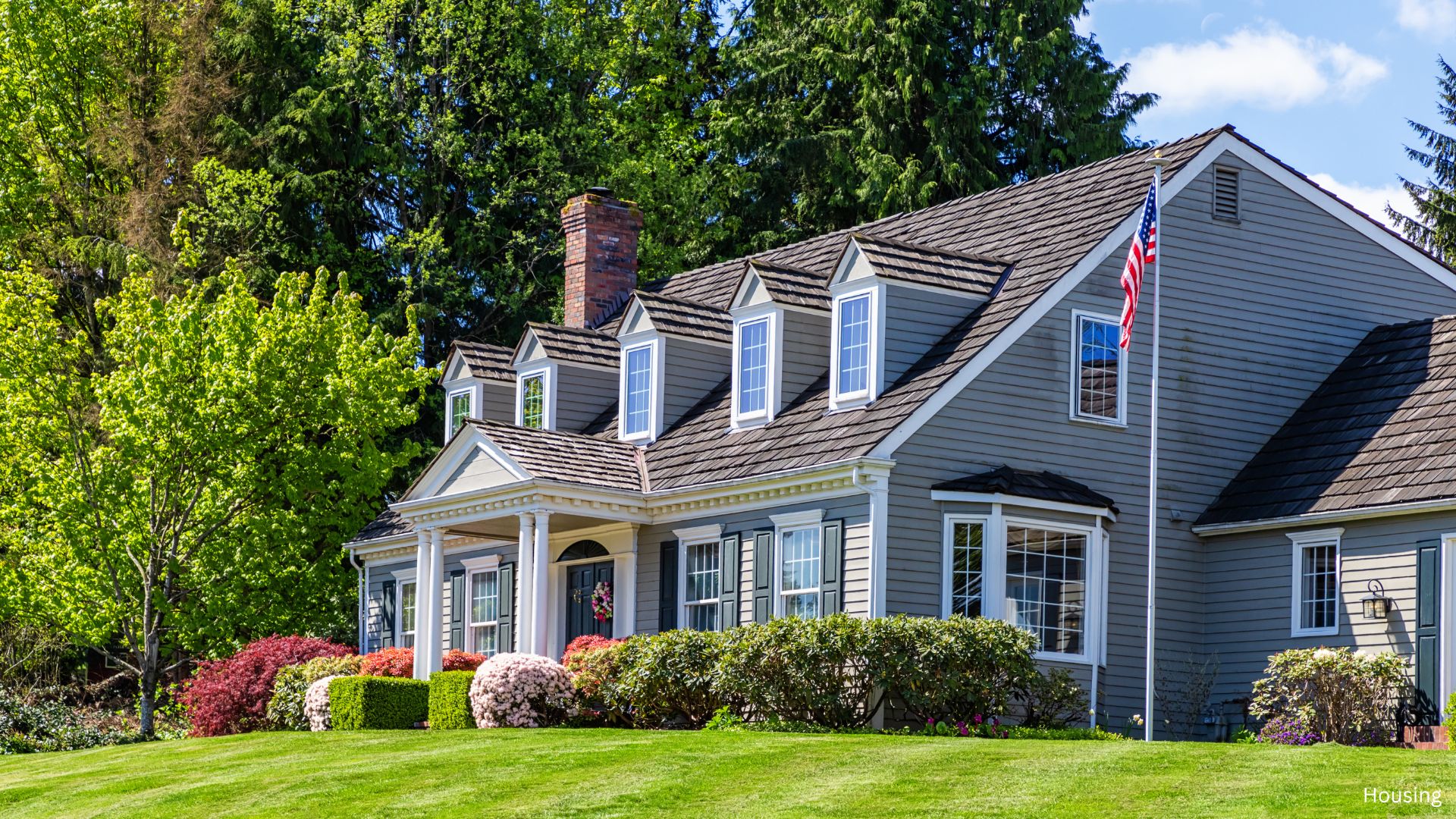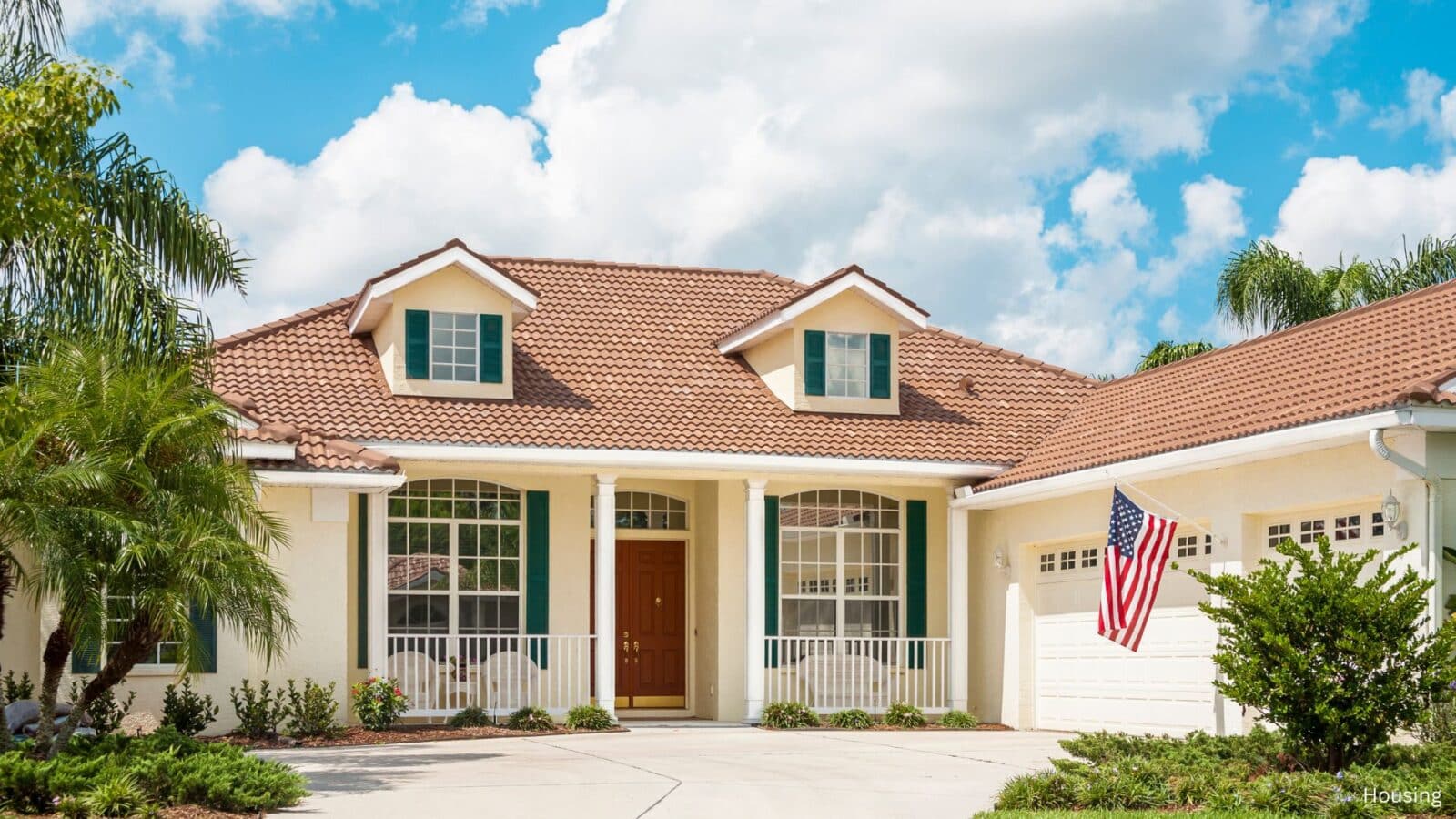As President-elect Donald Trump prepares to implement new housing policies, many potential homebuyers are concerned about the effects on housing costs. Trump housing policies aim to cut federal regulations, build on federal land, and reduce energy costs—all measures that could help address the high cost of housing. However, several economists worry that certain proposals, such as increased tariffs, mass deportations, and cuts to housing assistance, could drive prices even higher and make it more difficult for Americans to buy homes.

Trump Housing Policies
1. Deregulation: Helping or Hurting?
Trump has committed to lowering housing costs by reducing federal regulations, which he believes will reduce construction costs. This includes cutting back on energy efficiency standards and streamlining processes like the Clean Water Act. Yet, many housing policy experts caution that focusing solely on deregulation, especially while protecting zoning laws that limit housing density, could backfire by preventing enough affordable housing from being built.
2. Federal Land for Housing Development
A promising part of Trump housing policies is his idea to develop affordable housing on federal land. Trump’s plan includes creating “freedom cities” on government land with low taxes and regulations to encourage large-scale home construction. While this approach could help bring down housing costs, especially in states with large federal land holdings like Arizona and Nevada, it may not be enough to fully meet the demand, particularly in densely populated urban areas.

3. Tariffs and Building Costs
One of the most concerning aspects of Trump housing policies is the increase in tariffs on imported building materials. Trump has proposed high tariffs on imports from countries like China, which would raise the prices of critical building materials like lumber and steel. According to Business Insider, these increased tariffs could make it more expensive to build homes, driving up costs for both builders and buyers. If tariffs remain in place or expand, the dream of homeownership could slip further away for many Americans.
4. Mass Deportations: Shrinking the Workforce
Trump and Vice President-elect JD Vance have argued that deporting millions of immigrants would ease housing costs by lowering demand. However, many experts argue that these mass deportations would actually make housing more expensive. Immigrants make up a large portion of the construction workforce, and deporting them would lead to labor shortages, slowing down homebuilding projects and increasing costs. This would be especially challenging for an industry already struggling to keep up with housing demand.

5. Federal Housing Assistance Cuts
Another controversial part of Trump housing policies is his plan to cut federal housing assistance. During his first term, Trump proposed cuts to housing vouchers and programs that support low-income families and individuals with disabilities. These cuts could make it even harder for low-income Americans to afford housing and could slow the development of affordable housing projects. For many advocates, this approach risks leaving the most vulnerable Americans without access to safe, affordable housing.
6. Energy Costs: A Limited Impact
One of the potentially positive elements of Trump housing policies is his focus on lowering energy costs by increasing domestic oil production. While cheaper energy could help some Americans reduce their living expenses, construction experts argue that energy costs are not a primary factor in housing prices. Reducing energy costs might offer some relief to buyers, but it’s unlikely to be a game-changer in the overall housing market.

The Mixed Impact of Trump Housing Policies
While Trump housing policies could potentially help alleviate some housing costs by cutting regulations and using federal land, other elements like tariffs, deportations, and reduced housing assistance could make housing less affordable. The overall impact will depend on how these policies interact and the extent to which they address America’s housing shortage. As highlighted in Business Insider, housing policy experts point out that a balanced approach is essential to delivering affordable housing to Americans without creating additional barriers.
Related posts:
 California WUI: Unpacking the Risks and Challenges
California WUI: Unpacking the Risks and Challenges
 September Pending Home Sales See Biggest Increase Since 2023
September Pending Home Sales See Biggest Increase Since 2023
 California Housing Market Under Trump: What to Expect
California Housing Market Under Trump: What to Expect
 Affordable Cities for Gen Z Buyers: Where to Find Your Dream Home Without Breaking the Bank
Affordable Cities for Gen Z Buyers: Where to Find Your Dream Home Without Breaking the Bank
 Presidential Housing Policy: A Vision for Affordable and Accessible Housing in the U.S.
Presidential Housing Policy: A Vision for Affordable and Accessible Housing in the U.S.



